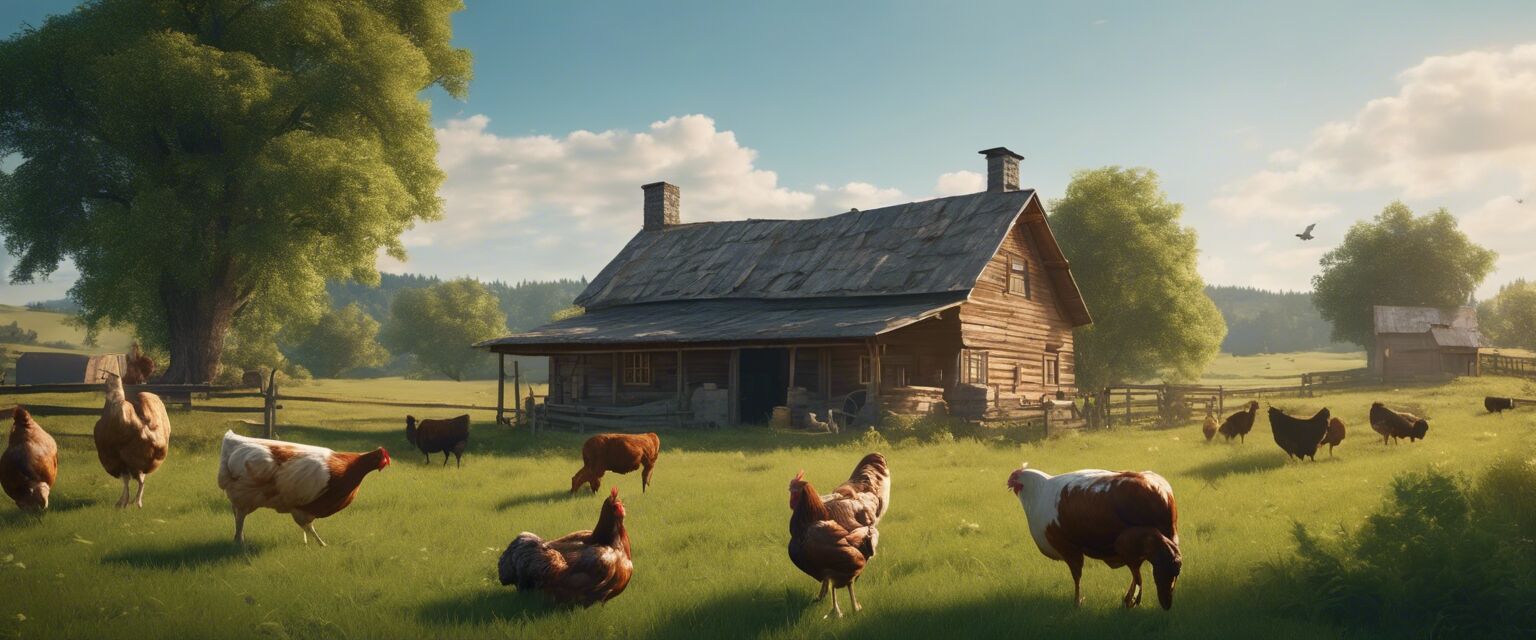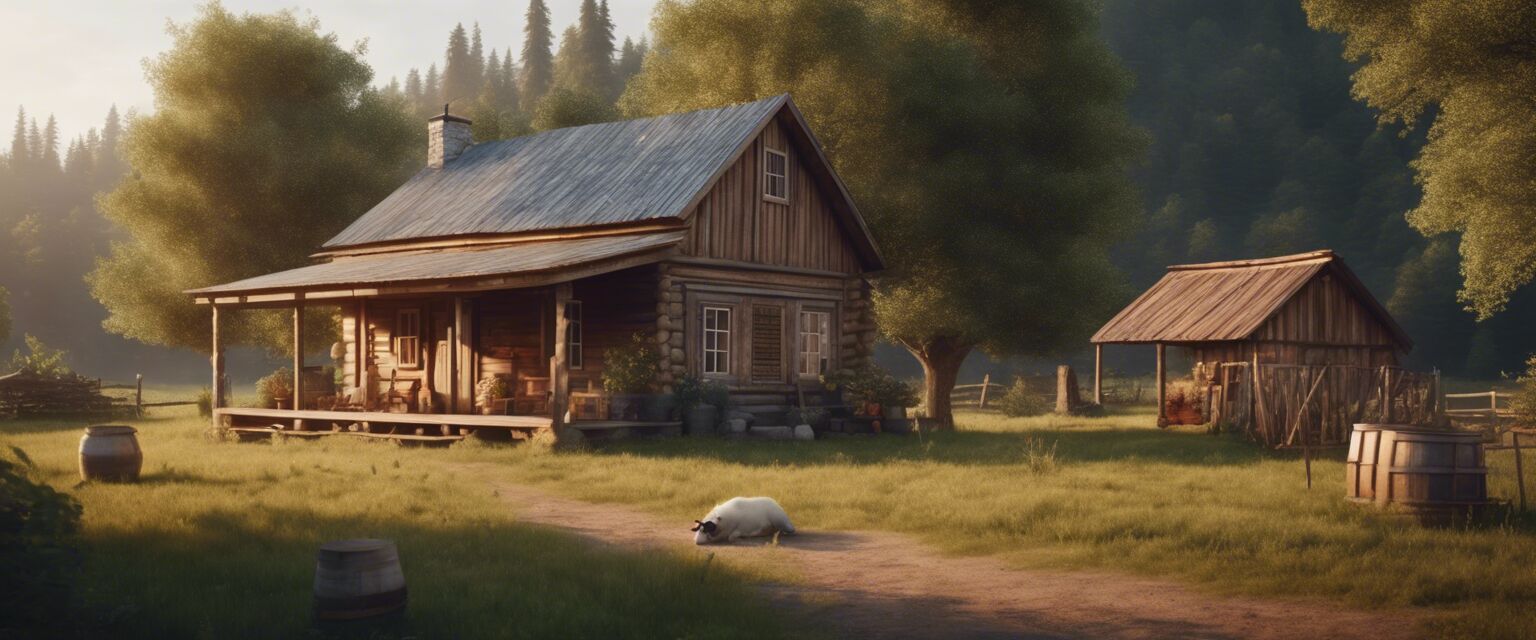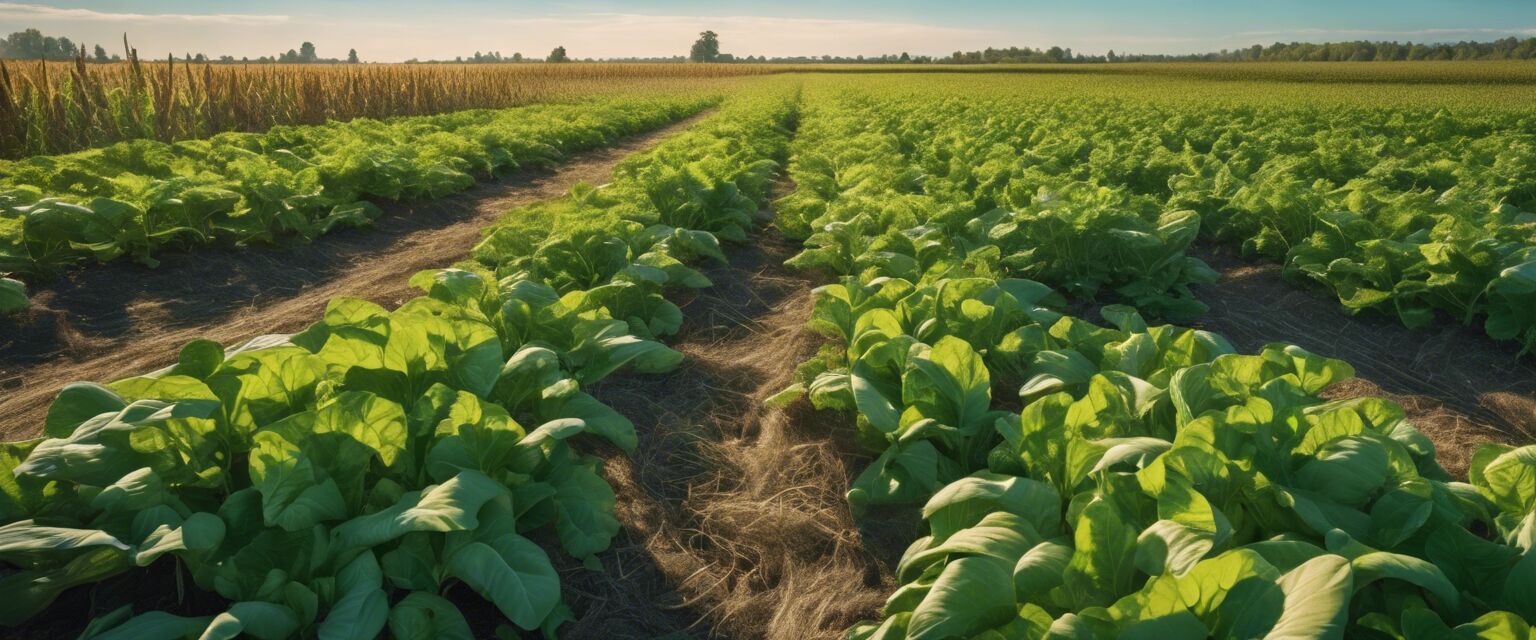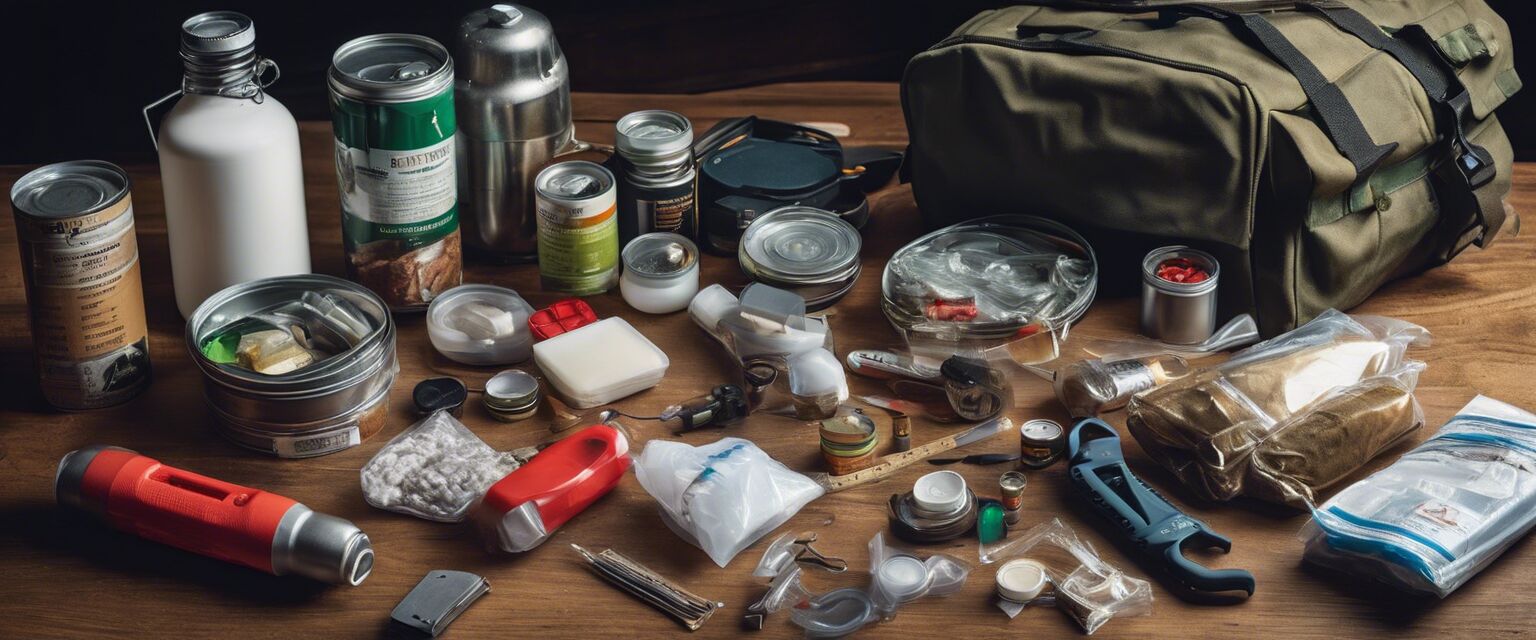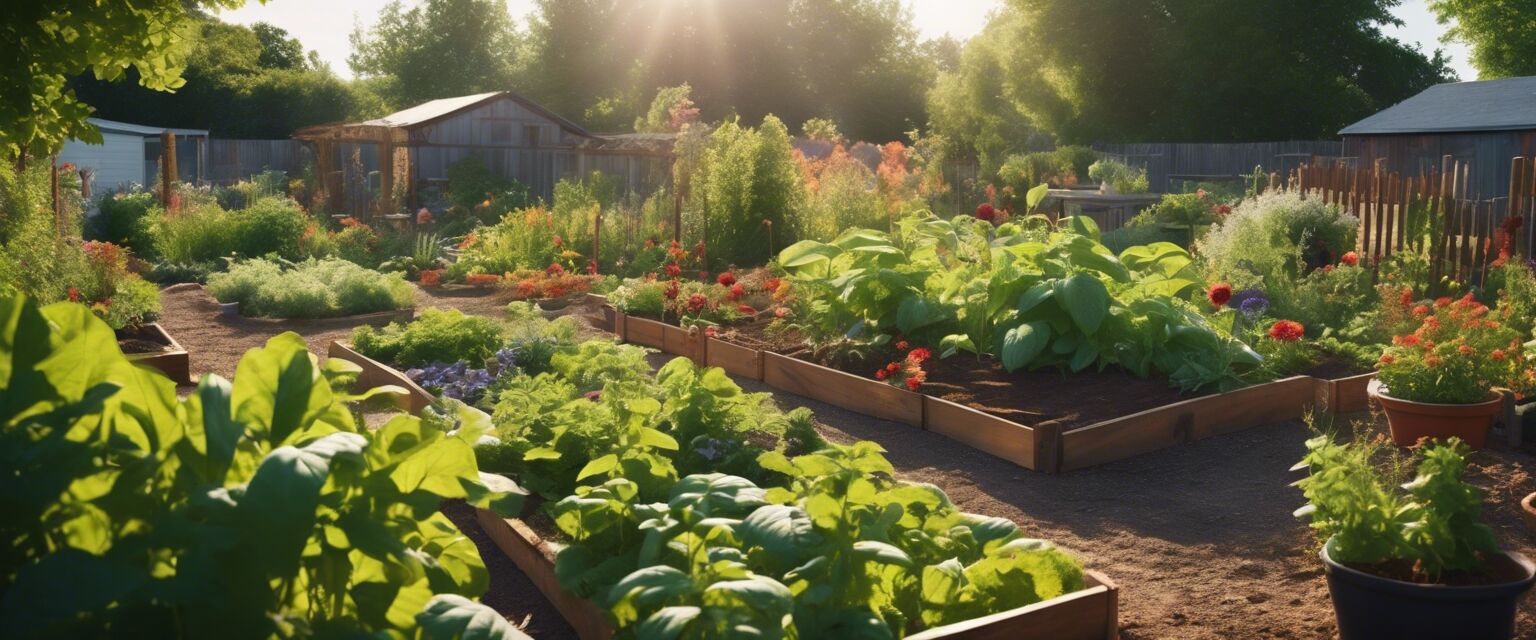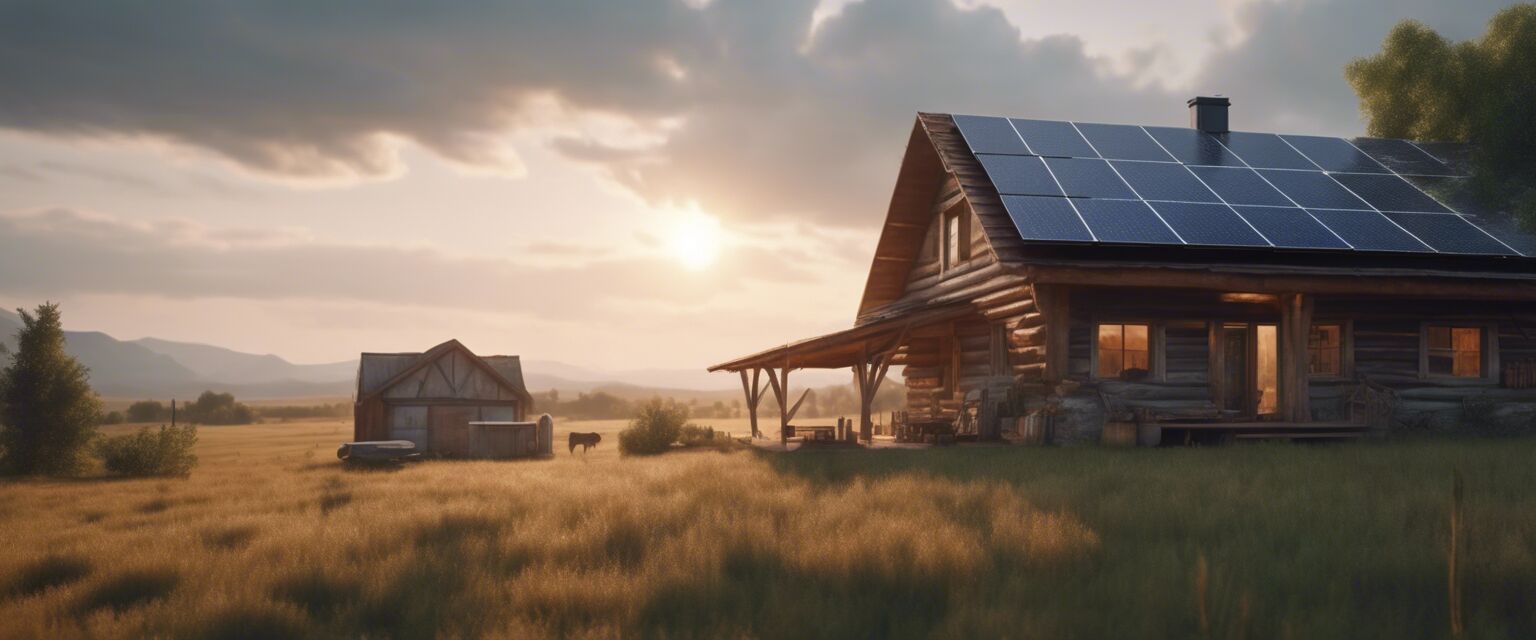
Off-Grid Living
Key Takeaways
- Off-grid living promotes self-sufficiency and sustainability.
- Alternative energy sources such as solar and wind are essential.
- Water collection and filtration are critical for survival.
- Effective waste management is crucial for a healthy homestead.
Living off the grid requires a well-thought-out strategy to maintain comfort while minimizing dependency on public utilities. In this article, we will discuss various strategies that can help you build a self-sustaining homestead.
Energy Sources for Off-Grid Living
The energy sources available to off-grid homesteaders are vital for daily operations. Here are the most common alternatives:
| Energy Source | Advantages | Disadvantages |
|---|---|---|
| Solar Energy | Renewable, low maintenance, and versatile | Initial cost can be high and weather dependent |
| Wind Energy | Efficient in windy areas and renewable | Requires sufficient wind and more maintenance |
| Hydro Energy | Consistent energy supply if water flow is stable | Location dependent and can affect local ecosystems |
Solar Energy Systems
Implementing solar panels is one of the most popular strategies for generating energy off the grid. They harness sunlight and convert it into usable electricity.
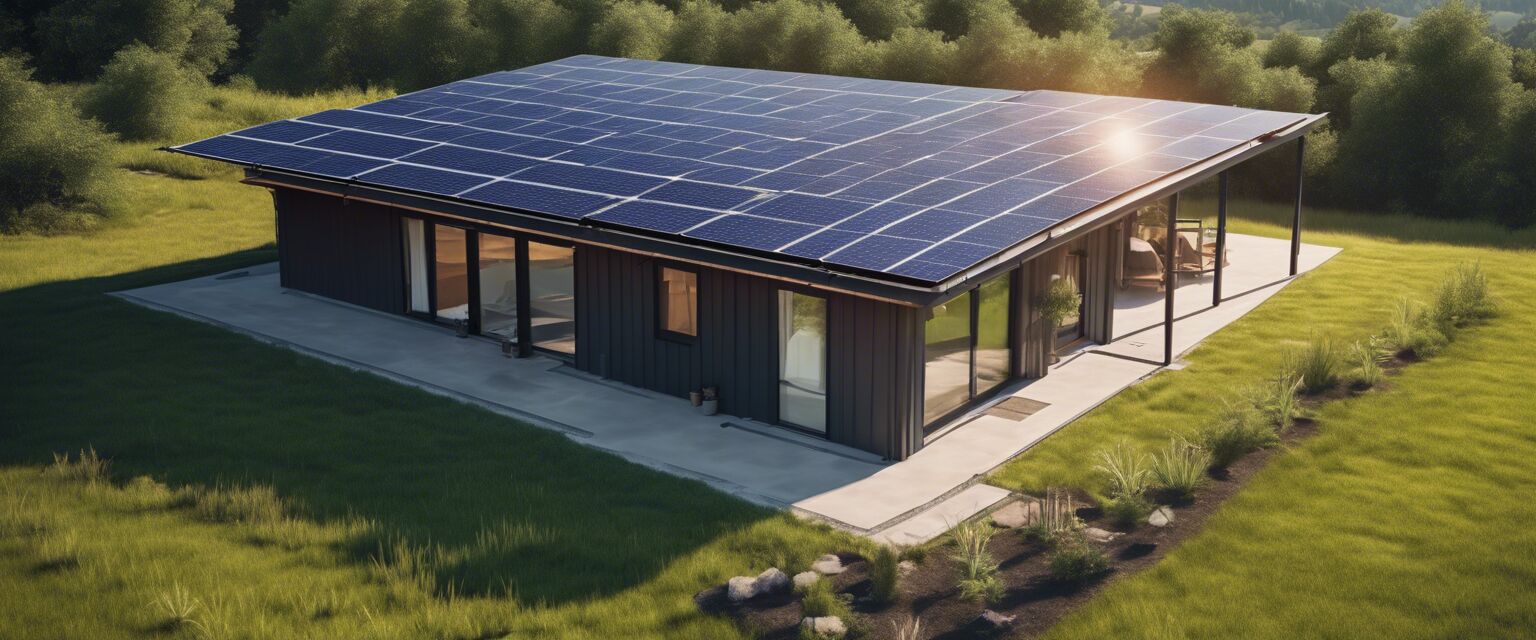
Water Collection Techniques
Water is one of your most important resources when living off-grid. Here are strategies for effective water collection:
- Rainwater Harvesting: Collect rainwater using gutters and storage tanks.
- Well Digging: Create a well for consistent water access.
- Water Filtration Solutions: Use filters to purify collected water.
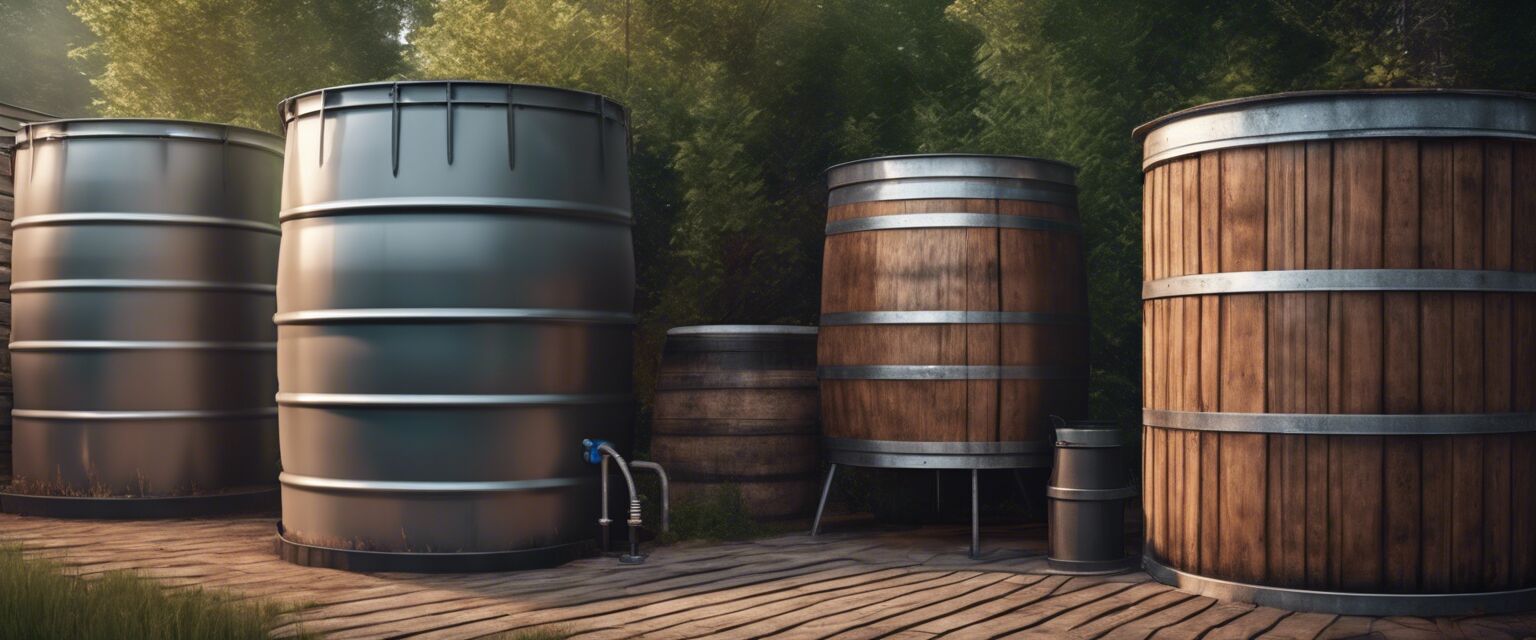
Water Filtration Solutions
Ensuring safe drinking water is crucial. Various filtration systems can help clean collected water from your homestead. These include:
- Gravity filters
- UV light purification
- Activated carbon filters
Waste Management Strategies
Living off the grid means youâll have to manage your waste effectively. Here are some methods:
| Waste Type | Management Method |
|---|---|
| Organic Waste | Composting to create fertilizer |
| Recyclables | Separate and process for recycling |
| Non-Recyclables | Burning or burying safely |
Consider creating a designated space for waste management to keep your homestead clean and reduce pollution.
Integrating Sustainable Practices
Emphasizing sustainability in all aspects of off-grid living, such as:
- Grow your own food to reduce dependence on stores.
- Use natural materials for shelter and daily needs.
- Adopt eco-friendly cleaning products.
Tips for Beginners to Off-Grid Living
- Start small; gradually implement off-grid practices.
- Research your local environment to understand resource availability.
- Connect with like-minded communities for support.
- Develop a clear plan before transitioning fully off-grid.
Pros
- Increased self-sufficiency
- Lower monthly bills
- Connection with nature
- Less reliance on public utilities
Cons
- Initial setup costs can be high
- Requires considerable effort and maintenance
- May not suit everyoneâs lifestyle
Conclusion
Living off the grid offers a fulfilling lifestyle focused on sustainability and self-reliance. With proper planning and the right resources, anyone can transition to a more independent way of living.
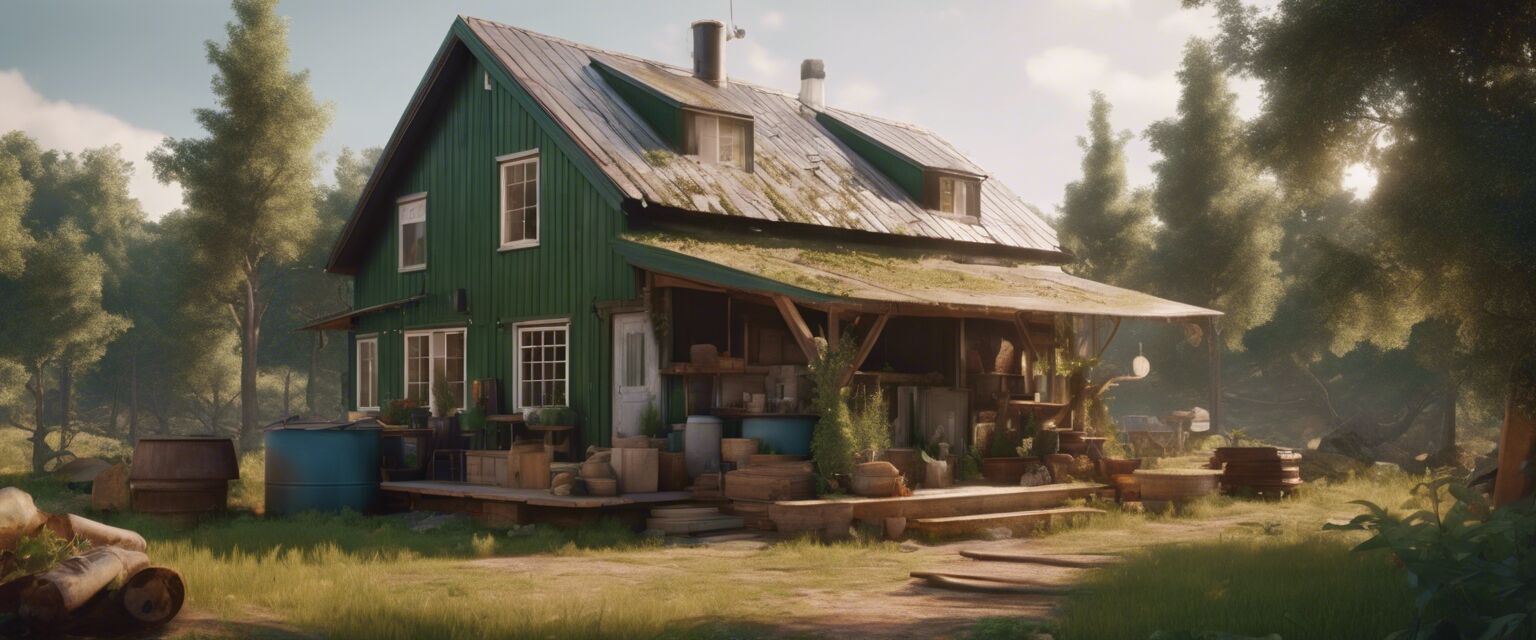
For more information and resources on becoming self-sufficient, check out our sections on Canning Supplies, DIY Shelter Materials, Emergency Kits, Gardening Tools, and Water Filtration Solutions.


